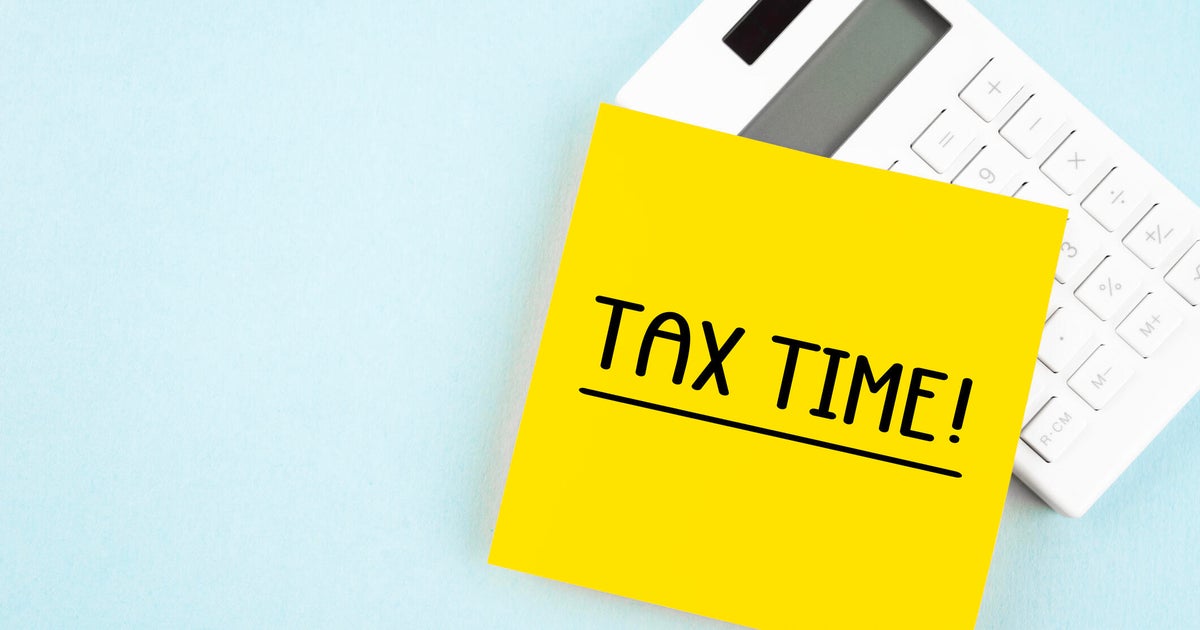What parents should know about CHIP's status now
If your child is covered through the Children's Health Insurance Program (CHIP), this holiday season comes with an extra dose of worry. As most CHIP parents know too well, Congress failed to reauthorize funding for the program after it officially expired on Sept. 30, despite widespread bipartisan support for CHIP since it began in 1997.
As the end of the year approaches and several states are in jeopardy of running out of CHIP money, state governors, child advocates and health care professionals have pleaded with Congress to get the funds moving again.
What's the holdup? CHIP, which insures 9 million children whose parents don't qualify for Medicaid but can't afford private insurance for their children, is funded with a combination of mostly federal and state dollars. Usually reauthorization of federal funds happens almost automatically. But this year the process got held up in the House over disagreements about how to pay for the program.
Most experts believed these differences would be reconciled, certainly by year-end. But now the tax reform bill is taking all of Congress' attention, explained Cindy Mann, partner at Manatt Health and a former deputy administrator and director of the Center for Medicaid and CHIP services.
That has led a dozen or so states to either send or get ready to send letters warning parents that CHIP funding is threatened. About nine states that have run out of CHIP money have been allocated CHIP funds from other, more flush states, explained Mann. "But this isn't a solution to the overall problem," she said.
About three quarters of all states will run out of CHIP funding by the end of March 2018, according to data from the Kaiser Family Foundation.
What can you do?
"It's a waiting game right now," said Mann. "It's frustrating," she admitted. But while you wait, she suggests getting educated on the situation so you're prepared for whatever happens. These three steps can help:
Find out how your state runs CHIP
States are given a fair amount of flexibility in how they administer CHIP money. Many put the funds straight into Medicaid and expand the eligibility limits for children. Other states set up separate programs for CHIP recipients. Still others use a combination of the two approaches. It isn't always immediately obvious how your state runs its program. But it can be important.
If your child is receiving CHIP coverage through Medicaid, her coverage won't end, Mann said. Under Medicaid, the state is obligated to continue coverage. True, if these states lose federal dollars for CHIP they'll have to figure out ways to cover the shortfall, which may include cutbacks in coverage or increases in premiums down the line. But that would only happen if Congress doesn't eventually reauthorize CHIP funding, something few people believe is likely.
In addition, some states that run their own CHIP programs have said they'll contribute state funds to make up for missing federal dollars. This would also be a short-term fix, said Mann, because total state funding wouldn't be sustainable for long. But depending on where you live, it may be the move that can help parents stay calm for now.
Check your state's status
According to Kaiser data, 16 states anticipate running out of CHIP money by the end of January. Another 8 predict that will happen by the end of February, while 12 others and DC are looking at the end of March as the point they run out of funds.
You can find out where your state falls in this Kaiser report. Once armed with that knowledge, parents can choose to take the advice of some health care professionals and schedule doctor appointments, tests and treatments for their children while CHIP money is still available.
Become an advocate
Because so many government officials, health care professionals and consumers assumed that Congress would have reauthorized CHIP by now, there hasn't been that all-out push among CHIP recipients to lobby for their cause, Mann explained. That should change right now, she said.
Parents should call their representatives and senators and tell them they want CHIP reauthorized before the end of the year. Said Mann: "These calls can make a real difference."



